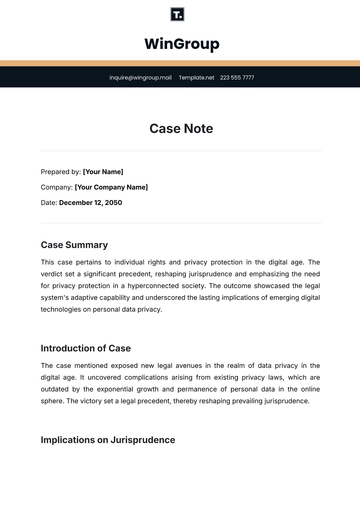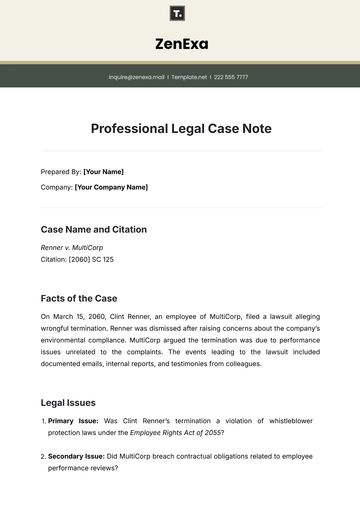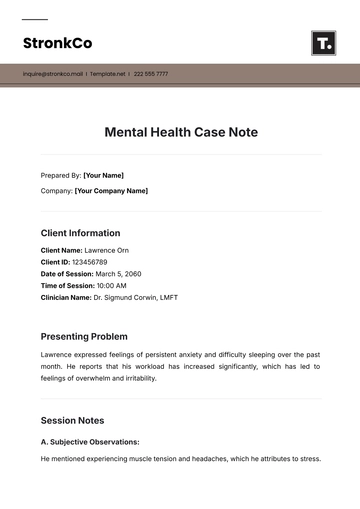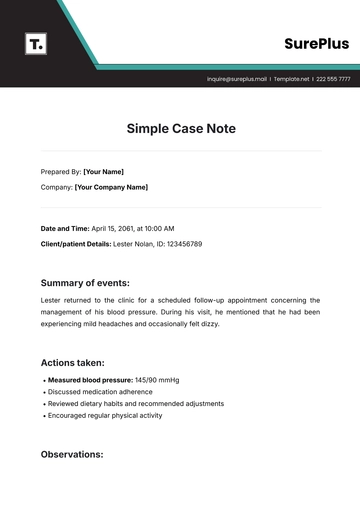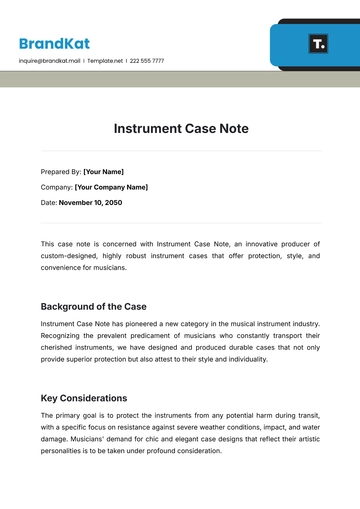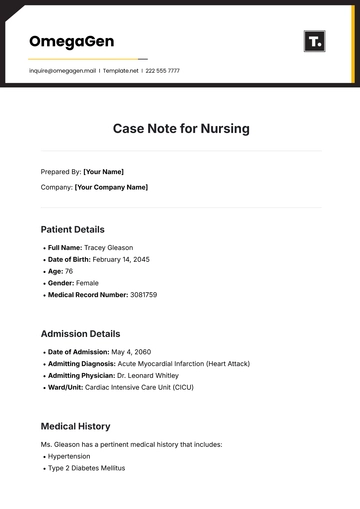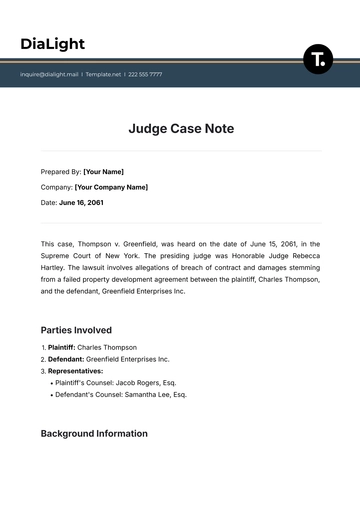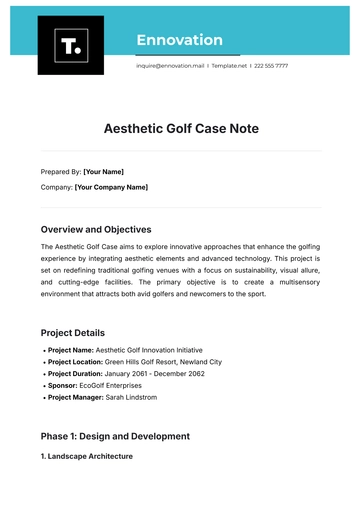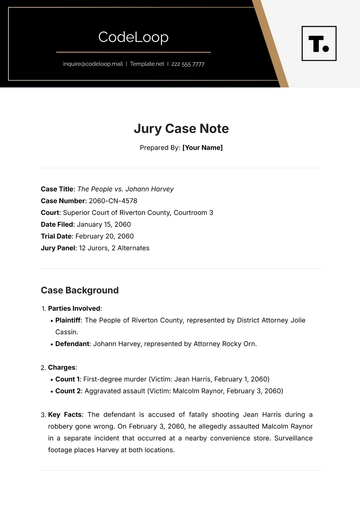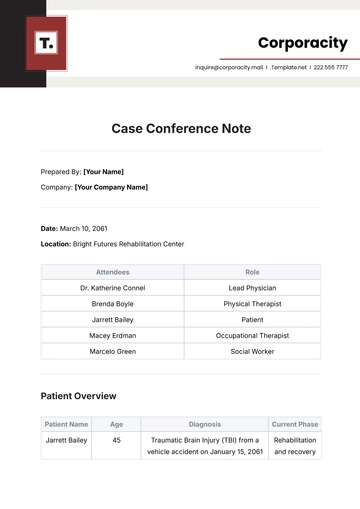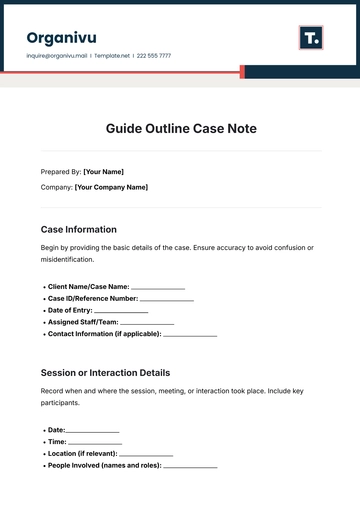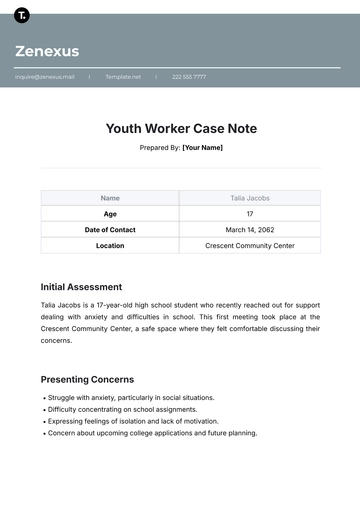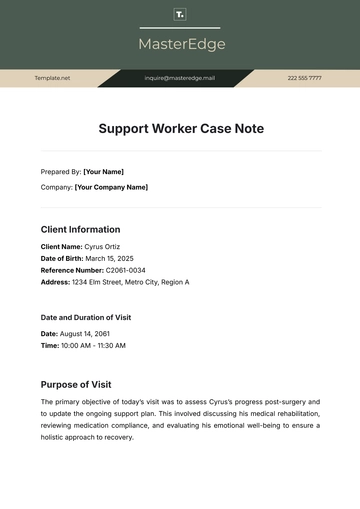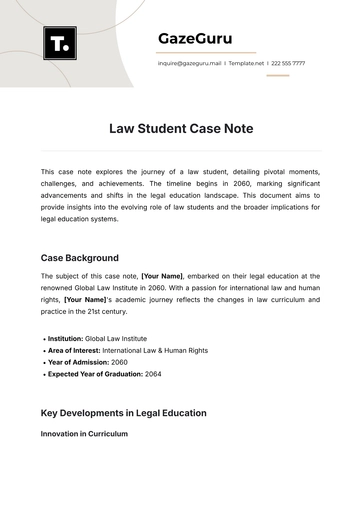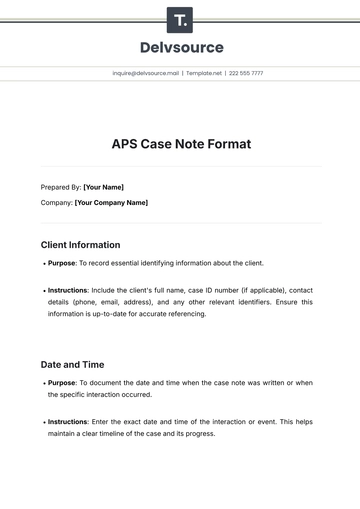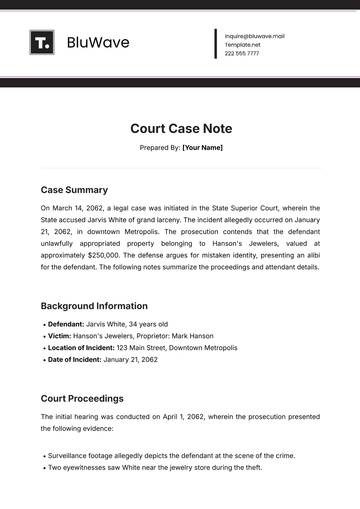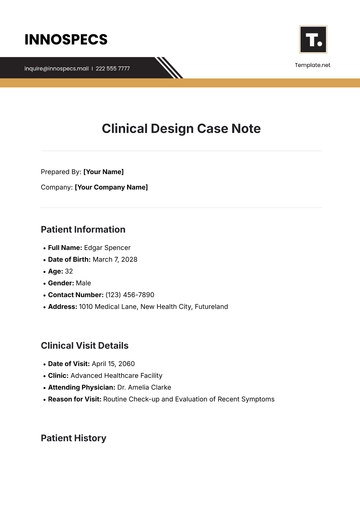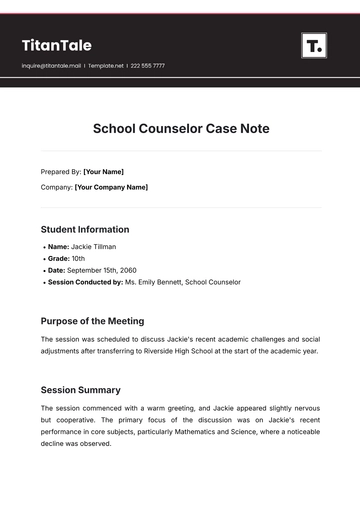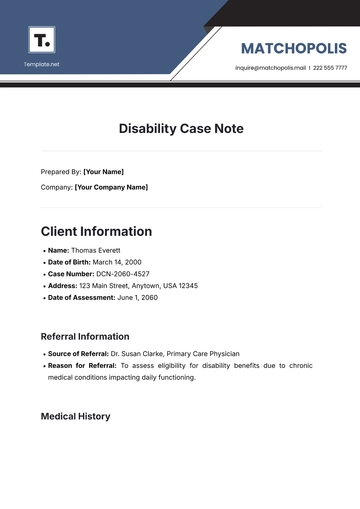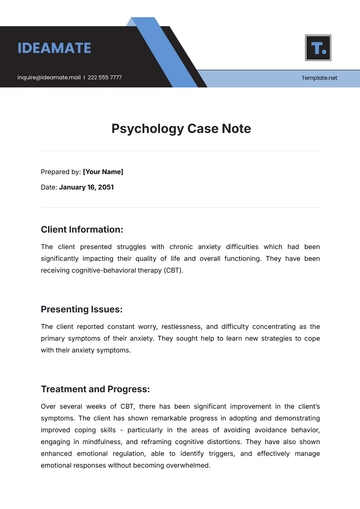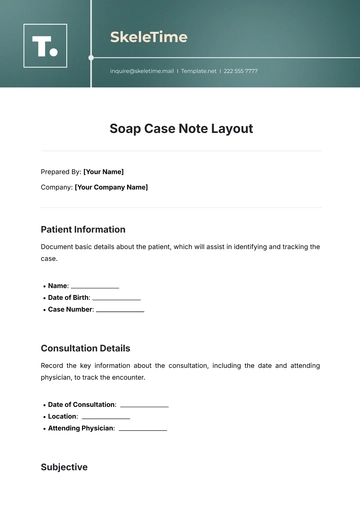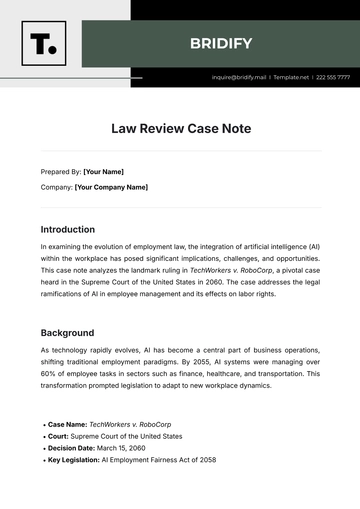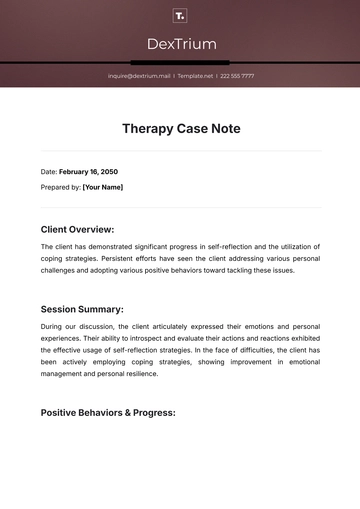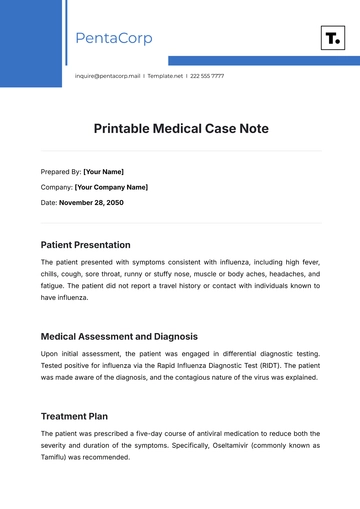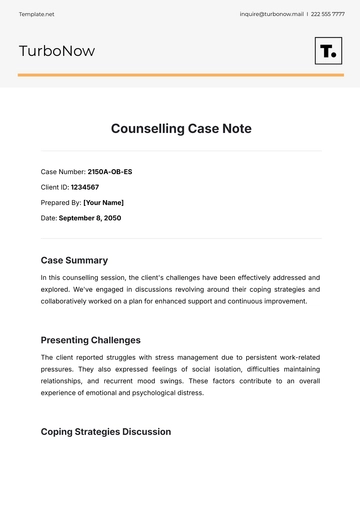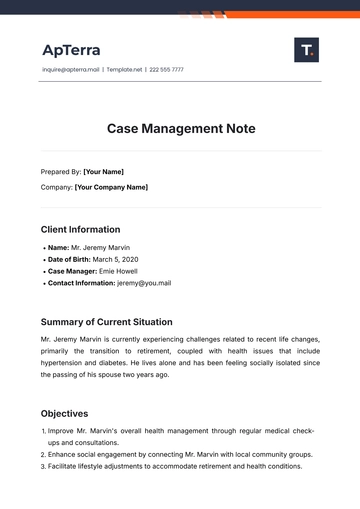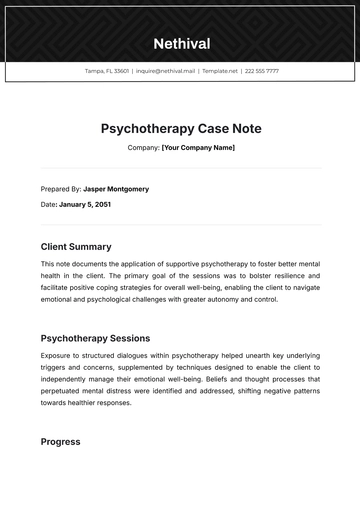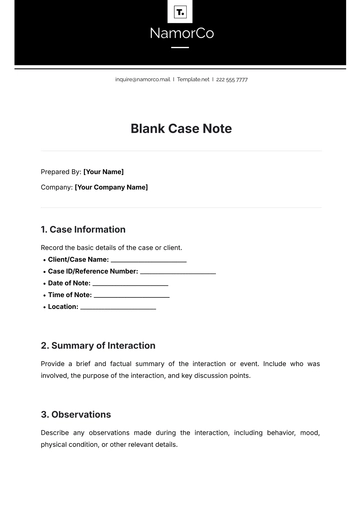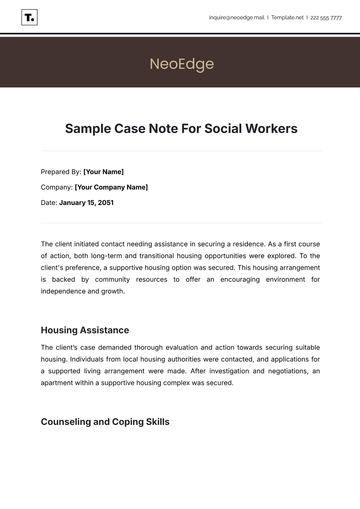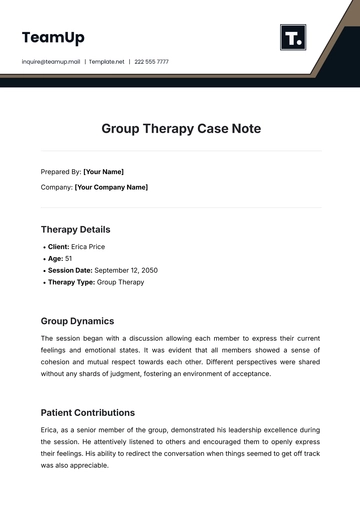Free Hospital Diagnosis Note
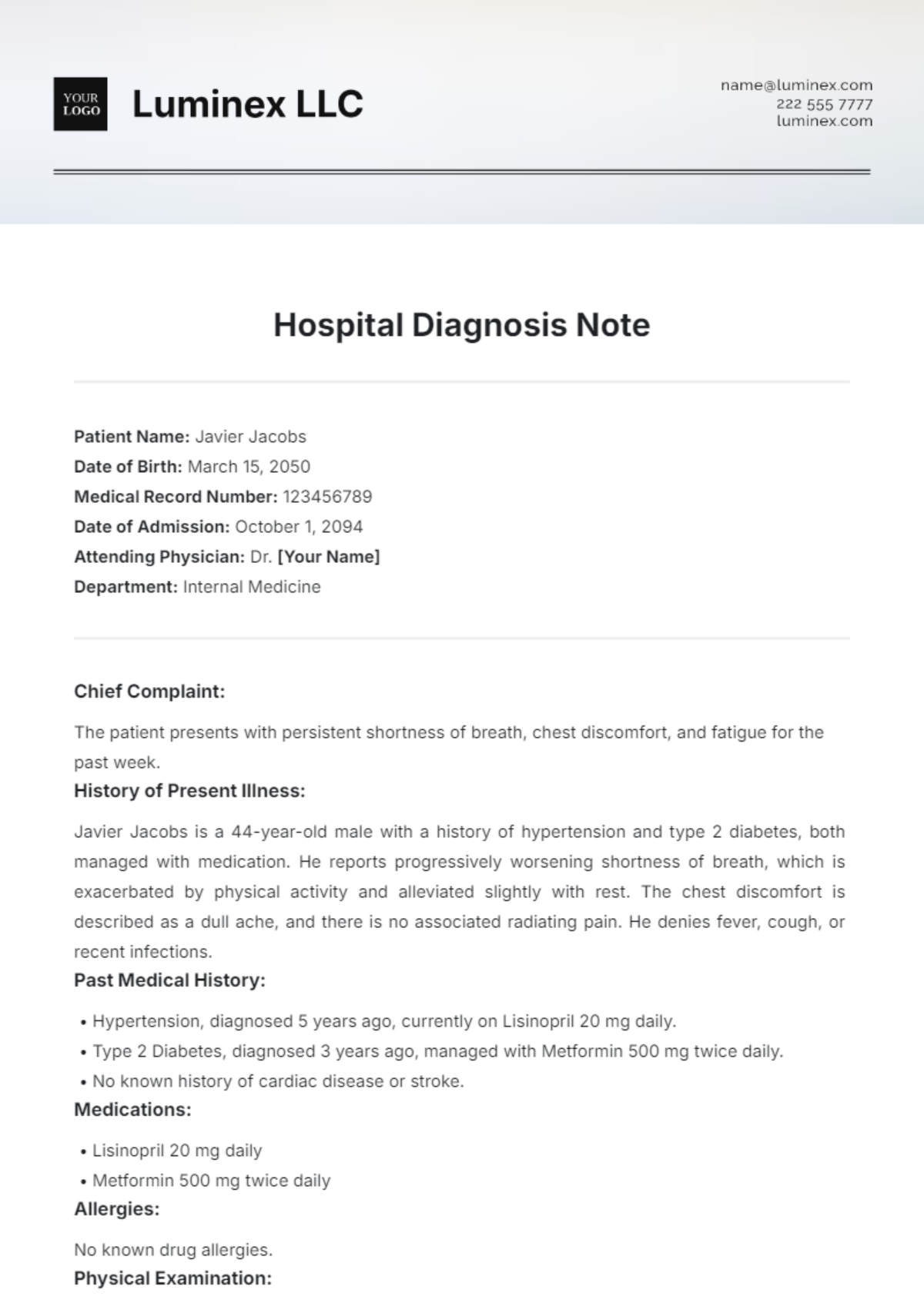
Patient Name: Javier Jacobs
Date of Birth: March 15, 2050
Medical Record Number: 123456789
Date of Admission: October 1, 2094
Attending Physician: Dr. [Your Name]
Department: Internal Medicine
Chief Complaint:
The patient presents with persistent shortness of breath, chest discomfort, and fatigue for the past week.
History of Present Illness:
Javier Jacobs is a 44-year-old male with a history of hypertension and type 2 diabetes, both managed with medication. He reports progressively worsening shortness of breath, which is exacerbated by physical activity and alleviated slightly with rest. The chest discomfort is described as a dull ache, and there is no associated radiating pain. He denies fever, cough, or recent infections.
Past Medical History:
Hypertension, diagnosed 5 years ago, currently on Lisinopril 20 mg daily.
Type 2 Diabetes, diagnosed 3 years ago, managed with Metformin 500 mg twice daily.
No known history of cardiac disease or stroke.
Medications:
Lisinopril 20 mg daily
Metformin 500 mg twice daily
Allergies:
No known drug allergies.
Physical Examination:
General: Alert, oriented, in mild distress due to shortness of breath.
Vitals: Blood pressure 145/90 mmHg, heart rate 98 bpm, respiratory rate 22 bpm, oxygen saturation 94% on room air, temperature 36.8°C.
Cardiovascular: Regular heart sounds, no murmurs, gallops, or rubs. Mild peripheral edema noted.
Respiratory: Breath sounds decreased bilaterally with fine crackles at lung bases. No wheezing.
Abdomen: Soft, non-tender, no organomegaly.
Neurological: No focal deficits noted.
Diagnostic Tests:
Chest X-ray: Bilateral pulmonary infiltrates, consistent with pulmonary congestion.
EKG: Normal sinus rhythm, no ST-segment changes.
Blood tests: Elevated BNP (Brain Natriuretic Peptide), mild elevation in creatinine, blood glucose elevated at 180 mg/dL.
Impression/Diagnosis:
Congestive Heart Failure (CHF), likely decompensated.
Hypertension.
Type 2 Diabetes Mellitus, uncontrolled.
Plan:
Initiate diuretic therapy (Furosemide 40 mg IV).
Optimize antihypertensive therapy with beta-blockers.
Tight glucose control with insulin as per sliding scale.
Continuous cardiac monitoring.
Follow-up echocardiogram to assess cardiac function.
Consult cardiology for further evaluation and management.
Follow-up:
Monitor closely for improvement in symptoms and adjust treatment as needed.
Attending Physician:

Dr. [Your Name], MD
Date: October 2, 2094
- 100% Customizable, free editor
- Access 1 Million+ Templates, photo’s & graphics
- Download or share as a template
- Click and replace photos, graphics, text, backgrounds
- Resize, crop, AI write & more
- Access advanced editor
The Hospital Diagnosis Note Template from Template.net is fully customizable and editable to suit your needs. Effortlessly document patient diagnoses with this professional template, editable in our AI Editor Tool. Streamline your workflow and save time with a template designed for accuracy and convenience. Perfect for healthcare professionals seeking customizable, easy-to-use solutions.
You may also like
- Delivery Note
- Notes Release
- Concept Note
- Class Note
- Hospital Note
- Apology Note
- Credit Note
- Handover Note
- Personal Note
- Excuse Note
- Case Note
- Sample Doctor Note
- Lesson Note
- Appointment Note
- Piano Note
- School Note
- Progress Note
- Business Note
- SOAP Note Templates
- Therapy Note
- Briefing Note
- Summary Note
- Sample Note
- Printable Note
